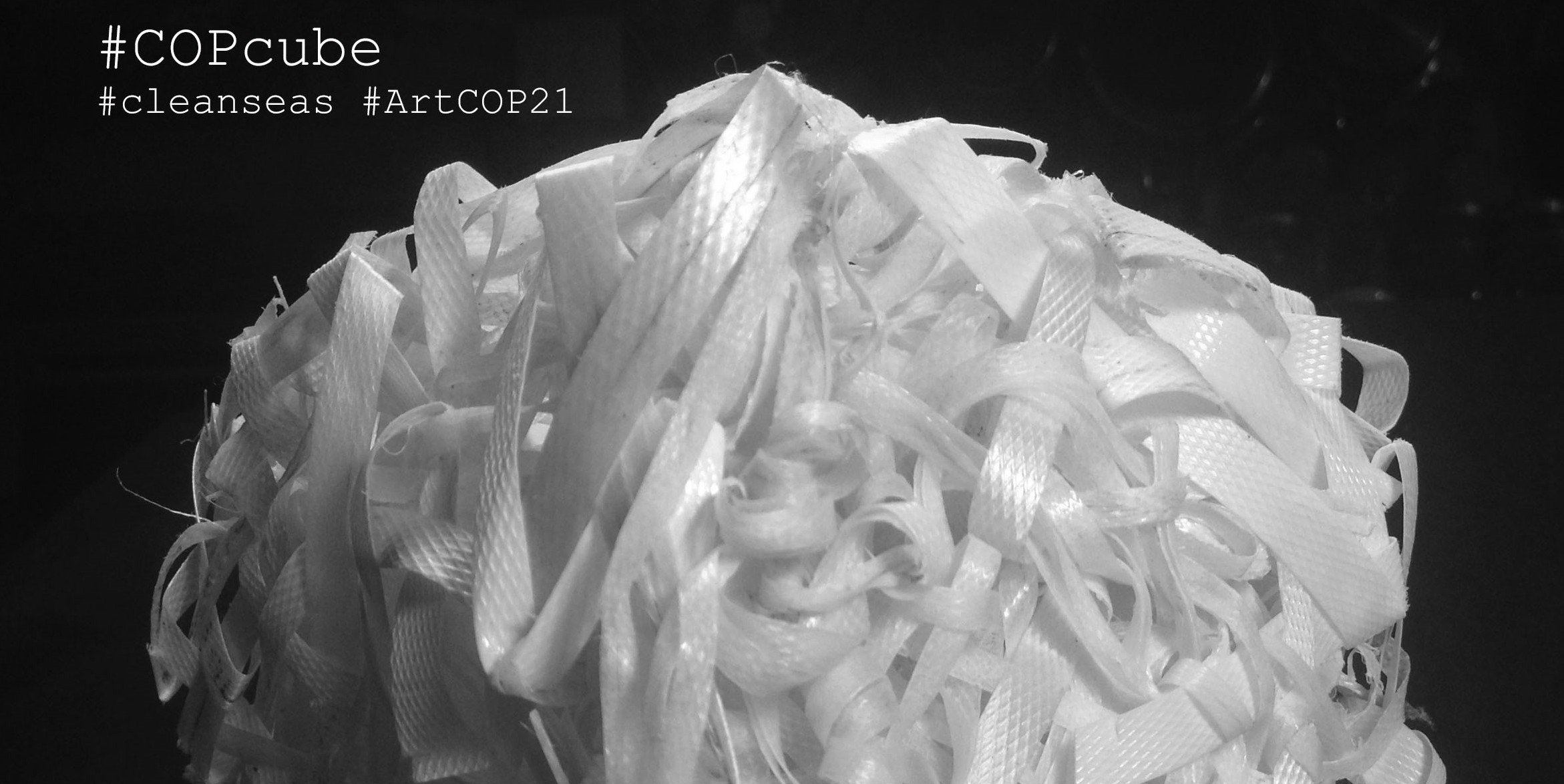Unexpected Encounters with Deep Time
*Banner image: Julia Barton, Littoral Art Project (www.littoralartproject.com)
The final workshop in our series of discussions of ‘unexpected encounters with deep time’ looked at Haunting.
Ghosts are, perhaps first and foremost, expressions of desire: to connect, communicate, or commingle across boundaries. One of the most challenging aspects of the Anthropocene—both conceptually and ethically—is the way it puts the present in contact with distant times (past and future) beyond the scope of human experience, or even imagining. The time we live in is, in this respect, very much out of joint. This workshop, the final in our series of discussions of ‘unexpected encounters with deep time’, will take the figure of the ghost as an index of this disjunctive time, as a way of thinking about the connections between deep pasts and deep futures that reside within the everyday. Much recent work in the Environmental Humanities has considered the implications of the uncanny time of the Anthropocene, from the multispecies and geologic genealogies of (respectively) Deborah Bird Rose and Kathryn Yusoff, to the urging of the distant ancestor (Nigel Clark) and the ghost of the unborn (Timothy Clark) that disturbs the unilateral excesses of contemporary (capitalist) ‘presentism’. The conceptual frameworks in play have been equally diverse, from Derridean hauntology to indigenous worldviews, and the example of Holocaust studies. This strand of the ‘Unexpected Encounters’ series will consider this equation of haunted time with ethical time, and how the spectral can complicate our ways of thinking and describing the enduring presence of deep time.
Haunting is suggestive of both the impress of the fantastic upon the real (‘conjuring’ ghosts), and of the potential for acts of violence or rupture to echo into the present, and beyond; therefore the final workshop provided a useful opportunity to examine how all three strands in the Unexpected Encounters with Deep Time series interact.
Presentations:
- Stefan Skrimshire (University of Leeds): ‘Confessing the Anthropocene’
- Owain Jones (Bath Spa University): ‘On Ecocide, Haunting, and (self)Destruction: (hugging the lamppost until the train passes)’
- Julia Barnton (Littoral Art Project): ‘Neo-Terra – a haunting issue’
- Erin Despart (University of Glasgow): ‘Rhododendrons and the re-mediation of Kilmahew-St Peters’
- Lauren LaFauci (Linkoping University/Seedbox Project) :’Shallow Waters, Chemical Weapons, Toxic Embodiment, and the Deep Archives of the Baltic Sea’
- Hetty Saunders (University of Cambridge): ‘Hawk-H(a)unting in JA Baker’s The Peregrine – Or, What is the Point of Death?’
- Jonathan Woolley (University of Cambridge): ‘Hounded Out of Time: Black Shuck’s Lesson in the Anthropocene’
- Ben Garlick (University of Edinburgh): ‘The Empty Castle: Ospreys, Geography & Extinction’
- Iain Williams (University of Edinburgh): ‘The Dredgeman’s Ghost: Haunting as a Means of Thinking Deep Time in Karen Russell’s Swamplandia!’
- Astrid Schrader (University of Exeter): ‘Thinking with Microbes Across Times: Haunted Temporalities and Abyssal Relations’



